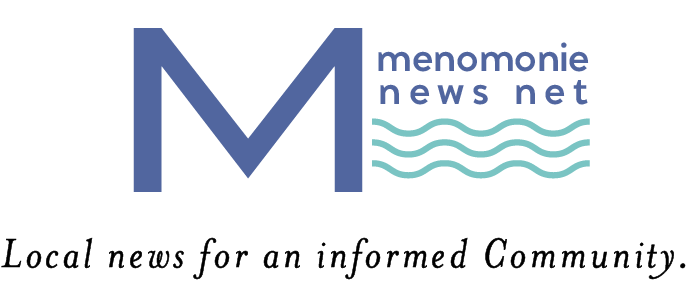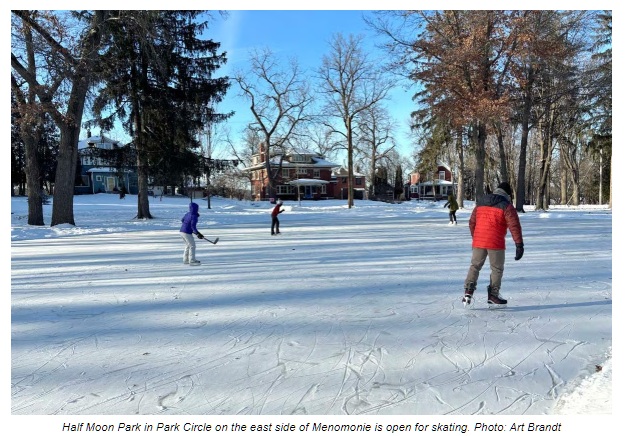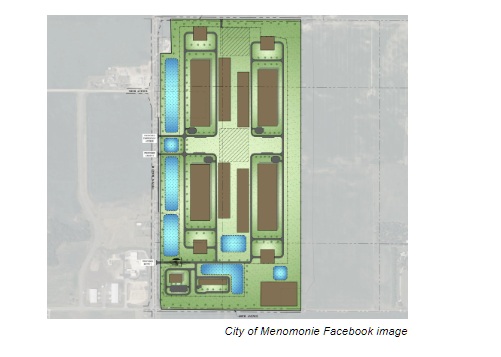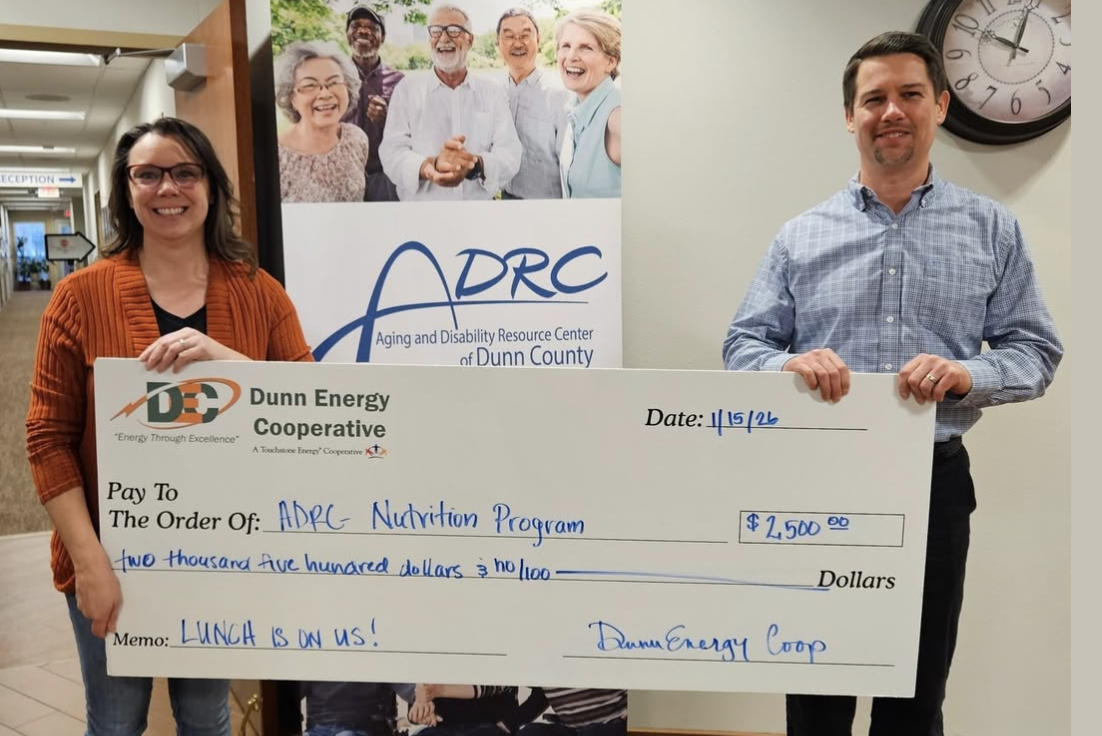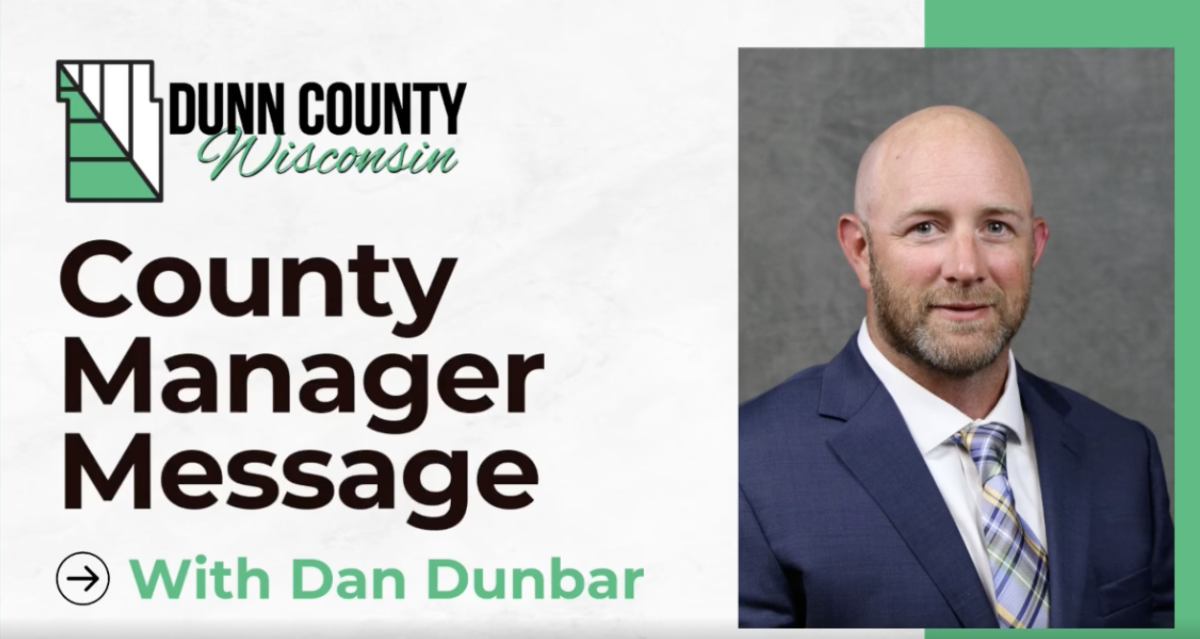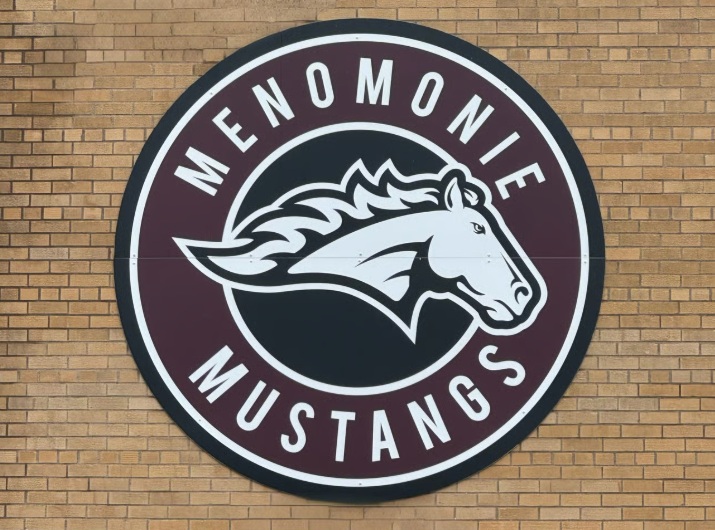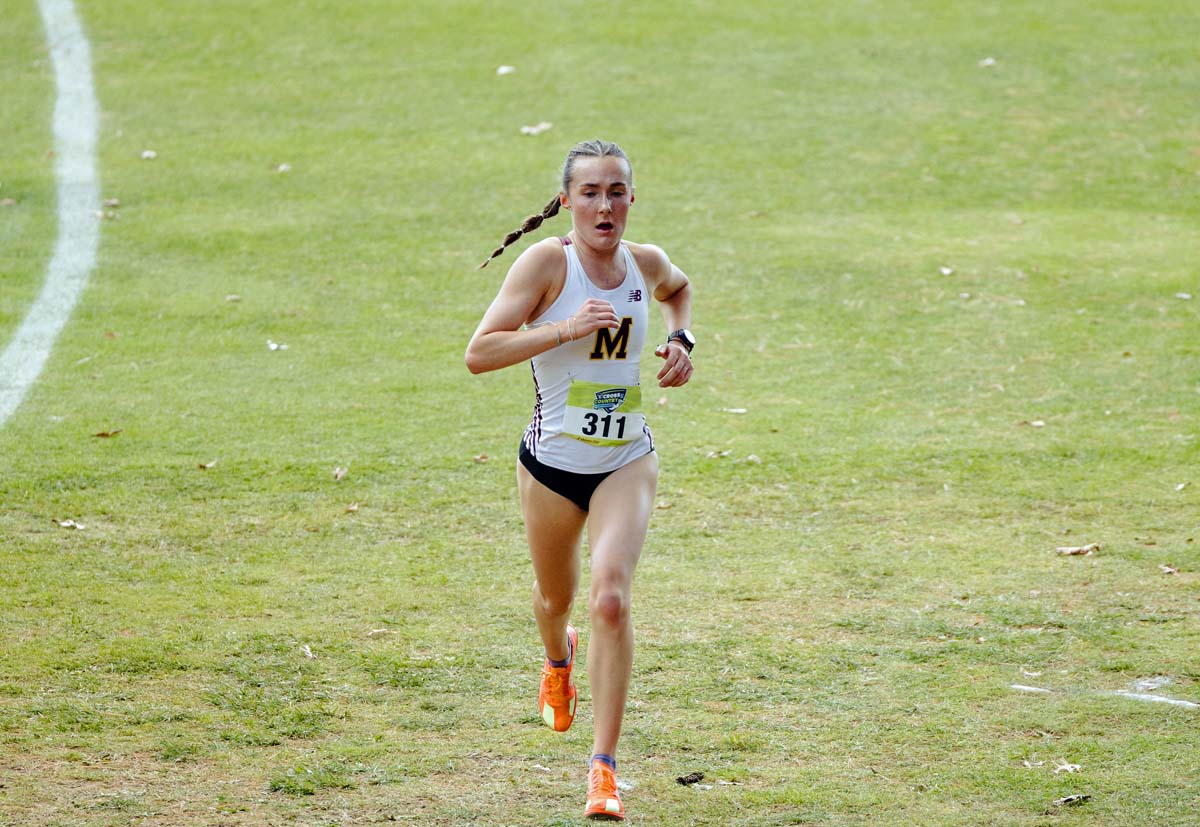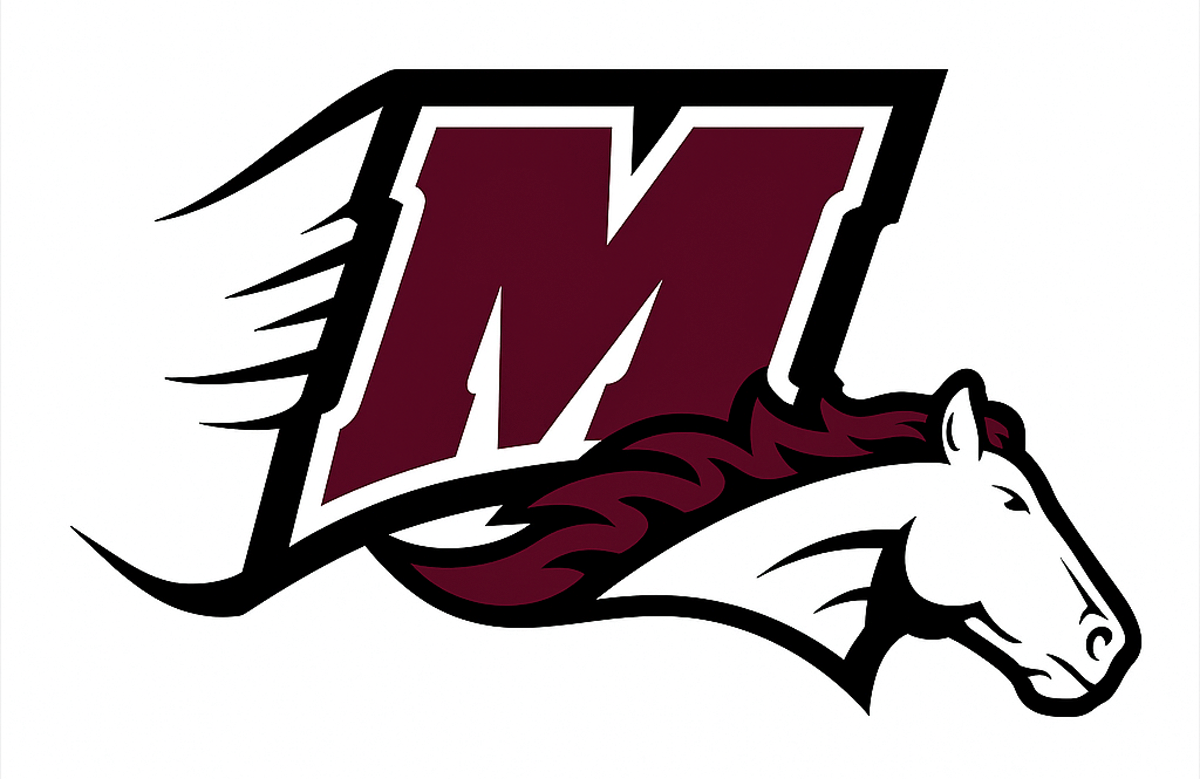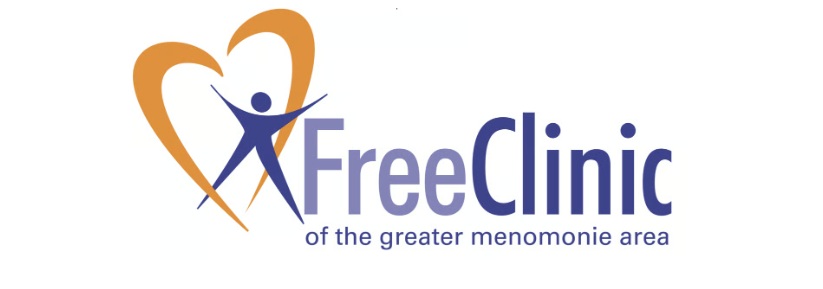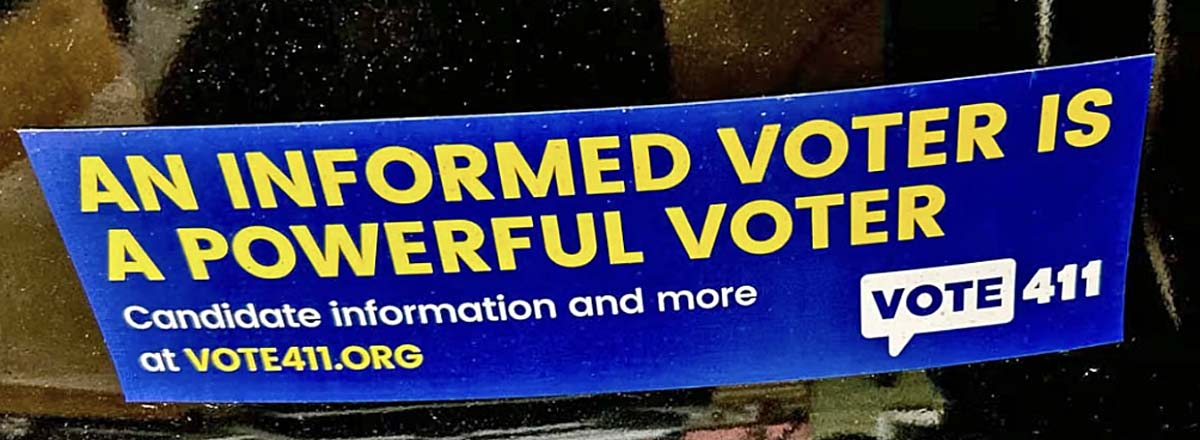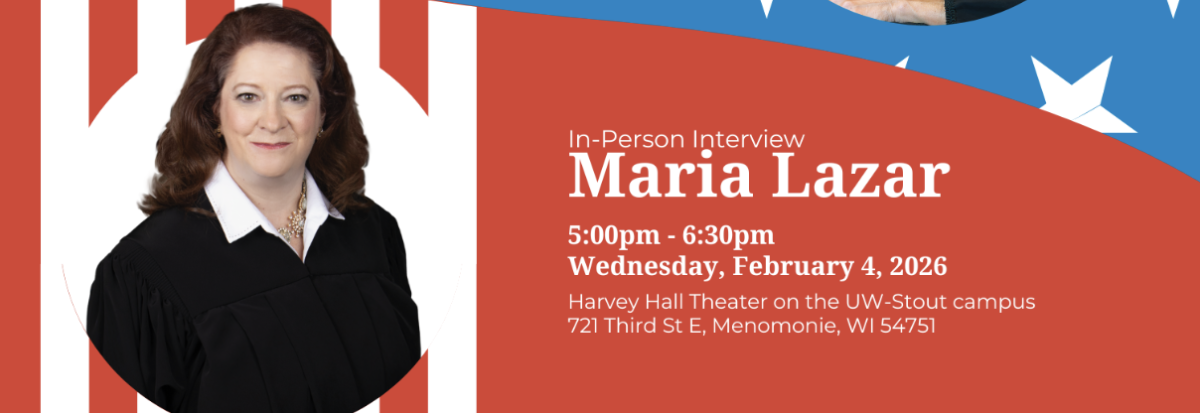Local impacts of the newly signed 2025-2027 State Biennial Budget:
- School revenues funded by local property taxes increased by $325/student each year
- Reimbursements for mandated special education expenses funded by the state increased to approximately 40%
- Open enrollment program costs increased (estimated to cost the SDMA budget $86,000)
- Private school voucher program costs funded by local property taxes increased to over $1.1 million in the SDMA
Earlier this month, Governor Tony Evers and a bipartisan group of legislators in Madison agreed upon a new biennial budget that will determine state spending for the next two years. In a race against new federal legislation which would have limited the state’s ability to increase health care funding, months of negotiations and advocacy were quickly whittled down into a compromise that appears to fall short of adequately supporting schools and local taxpayers.
Coming into this year’s budget negotiations with a large state surplus, school officials were hopeful that state lawmakers would finally fix Wisconsin’s inequitable school revenue limits and address years of inadequate funding for mandated special education services. Since the early 1990’s, inequitable revenue limits have created a big disparity in how much funding school districts across Wisconsin are allowed, while state and federal funding covers less than half of the costs for educating children with special needs. This results in Menomonie’s revenue being about $4 million less than it should be, and the SDMA is forced to transfer about $5 million each year to cover underfunded expenses in the special education budget. Clearly, this is not a fair or sustainable way to fund our schools!
Based on the previous biennial budget, Wisconsin schools will be allowed to raise revenue by $325 per student during each year of the 2025-2027 biennium, but nothing was included in the new state budget to address inequities in the revenue limits or to ensure that school funding will keep up with inflation. Lawmakers did not use any of the large state surplus to provide state funding for the revenue limit increases, which means that new school revenues will need to be fully funded by increases to local property tax levies.
Thankfully, an increase to special education reimbursement rates should reduce how much the SDMA needs to transfer from the general fund to pay for special education services. The new reimbursement rates are only about half of what was requested by school officials, but it is projected that $415,000 of expenses in the SDMA will now come from the state budget instead of the general fund.
Major reductions have already been made to the SDMA budget to adjust to new funding levels, but the current school district budget is not sustainable. In addition to eliminating the French program and building-level technology support, the district has cut budget contingencies and deferred funding for capital maintenance. Closing Downsville Elementary School will reduce a small part of the 2025-26 budget, but unless the district continues to cut expenses by eliminating programming and services or by letting facilities go into a state of disrepair, a referendum will almost certainly be needed in the near future.
If school families or community members have any questions or concerns about the school district, please do not hesitate to email ([email protected]), call (715-232-1642 ext. 11111), or visit with me at the Administrative Service Center on Pine Avenue.
Joe Zydowsky is the SDMA Administrator.
